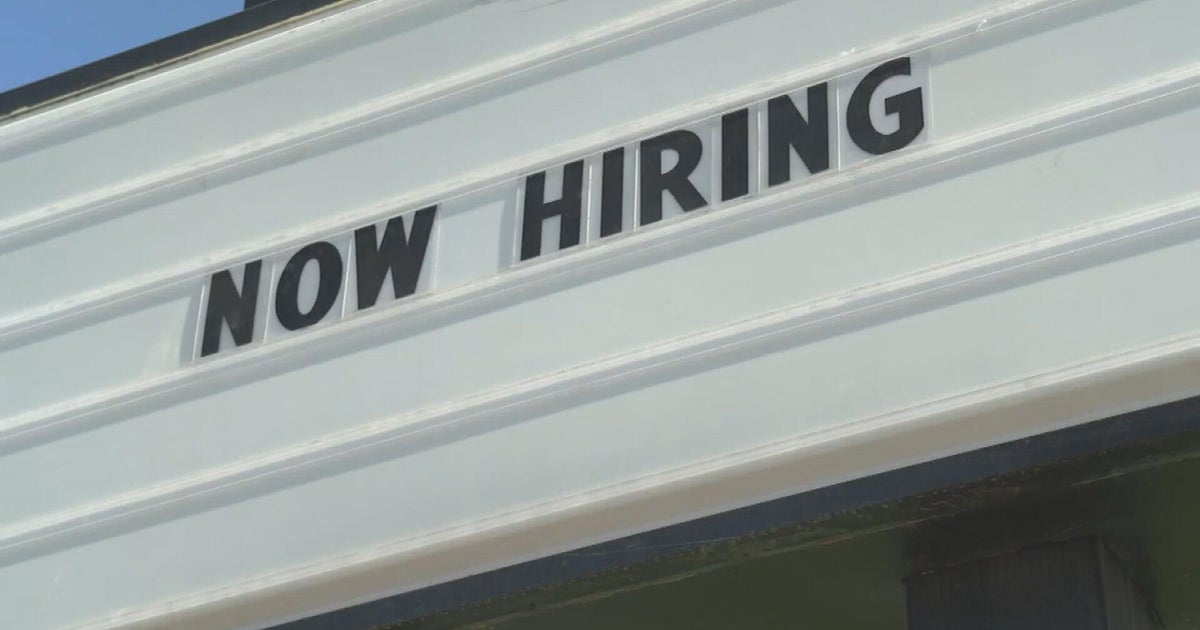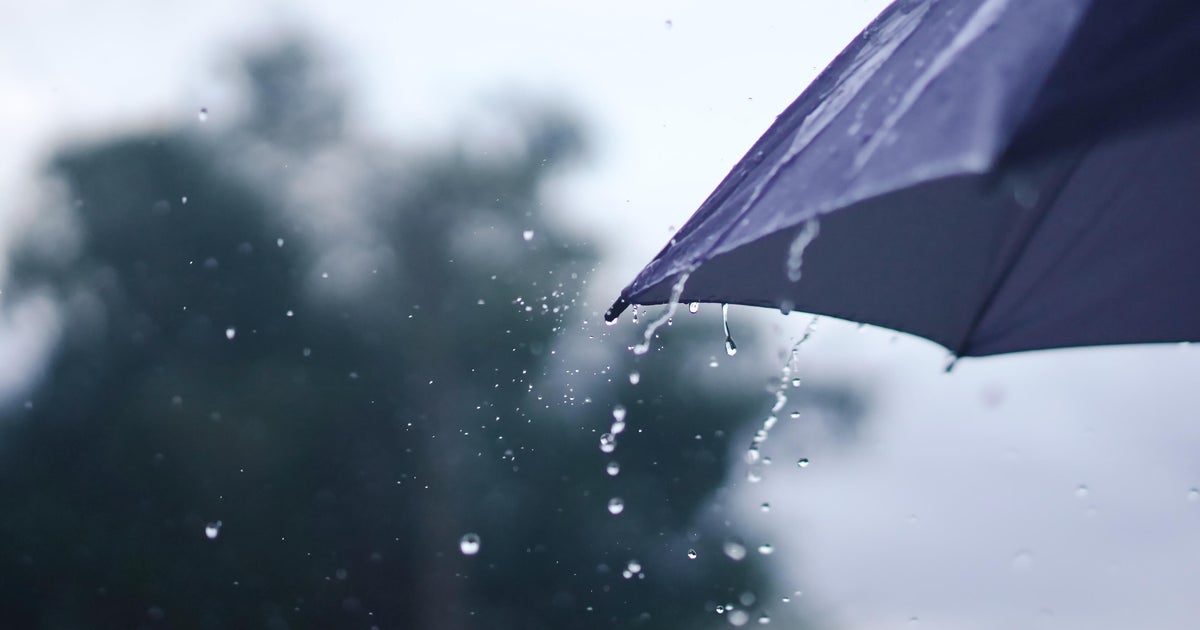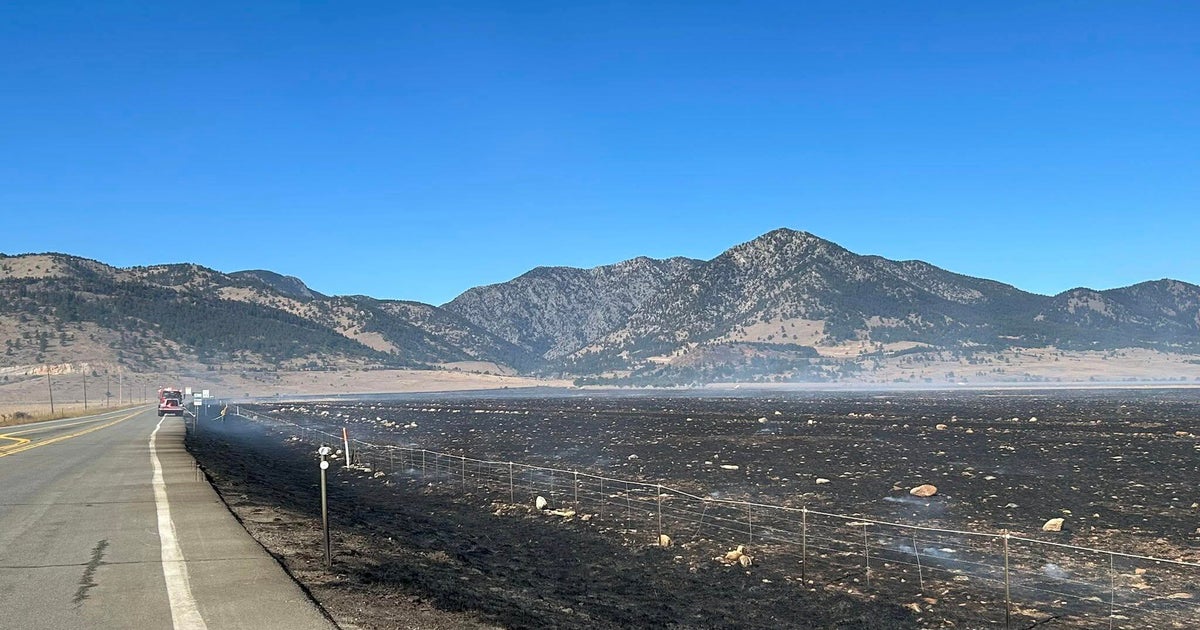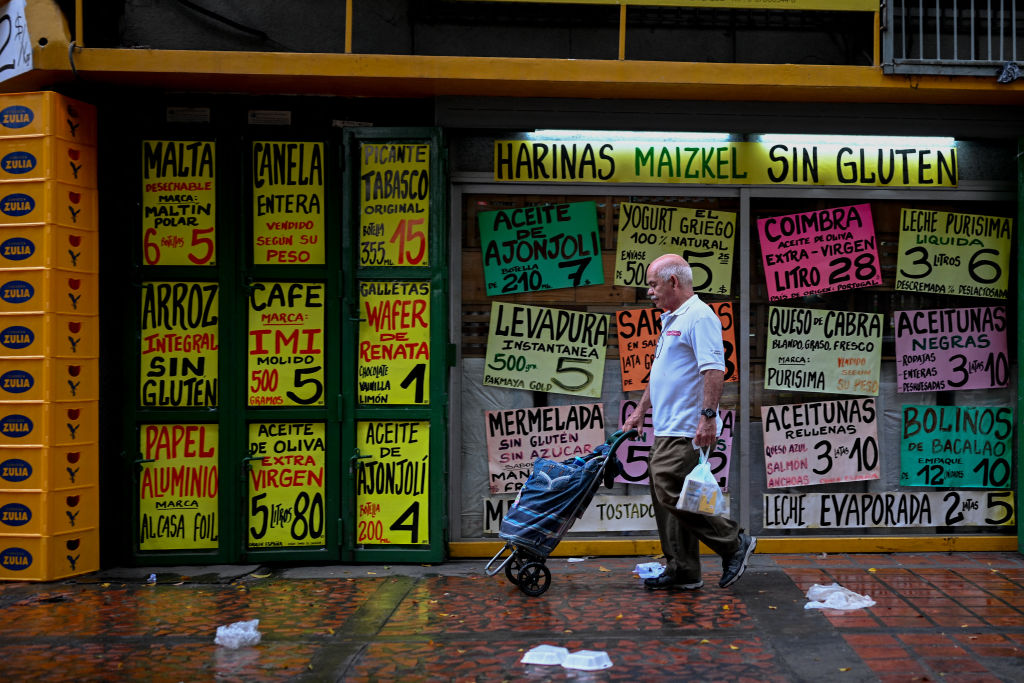Deforestation in Brazil's Amazon rainforest is highest since 2008
The deforestation of Brazil's Amazon rainforest has accelerated to the highest rate in more than a decade, the country's space agency said Monday. New data from INPE, the National Institute for Space Research, shows a significant rise in deforestation over the last year, which many attribute to Brazilian president Jair Bolsonaro's right-wing policies.
The rainforest lost 3,769 square miles of its vegetation between August 2018 and July 2019, INPE said — a 30% increase from the year-to-year rate prior and an 11-year high.
While he hasn't commented about the latest report, Bolsonaro has questioned the accuracy of INPE's data before. Bolsonaro, who took office at the beginning of 2019, has pushed for development over the conservation of the rainforest, benefiting the loggers, miners and farmers who helped get him elected.
Bolsonaro faced a barrage of criticism over the summer after INPE reported a record number of fires in the Amazon in August. At the time, Bolsonaro called the global alarm "sensationalist" and warned foreign governments not to meddle, which generated even more outrage.
Environmentalists say humans are the root cause of these Amazon fires; many were deliberately set to clear the forest for large-scale agriculture, though wind and weather conditions helped the flames spread.
Previous governments in Brazil in the past decade managed to decrease deforestation with fines and government action.
The Amazon, which covers more than 2 million square miles across nine South American countries, is the largest rainforest in the world. It produces a significant amount of Earth's oxygen and is considered vital to combating climate change.



